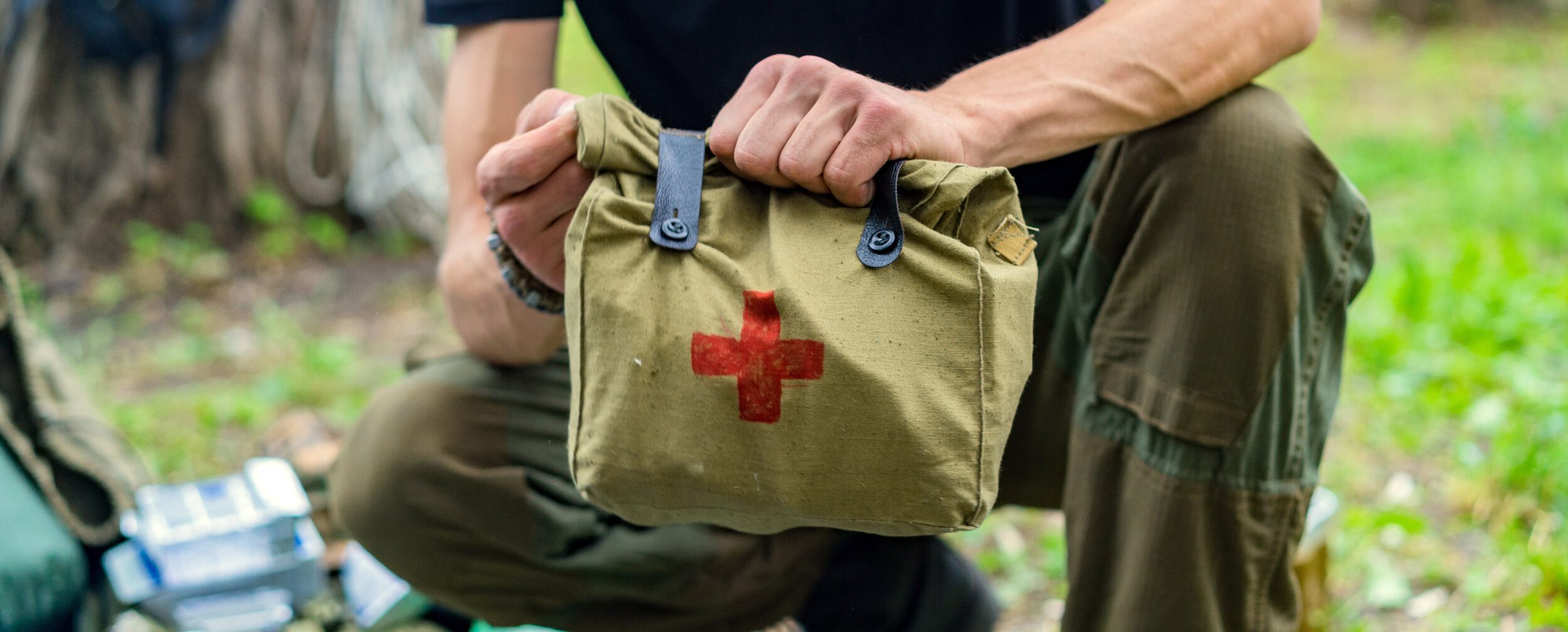

Hunting is an exhilarating outdoor pursuit that brings us closer to nature, but it also comes with its share of risks because accidents can happen at any time. Whether you’re a seasoned hunter or a novice, understanding first aid in the wilderness is paramount because it ensures the safety and well-being of yourself and others. In this article, CanadianLandAccess.com (CLAS) provides some valuable insights and tips to keep in mind when handling common injuries and emergencies while hunting, ensuring a safer and more enjoyable experience for all.
Prep, prep, prep – Preparation and Prevention
Before embarking on a hunting trip, thorough preparation is essential. Although “things happen” it’s a good hunting practice to pack a well-stocked first aid kit containing essentials like bandages, antiseptic wipes, pain relievers, and any necessary prescription medications, you know, just in case. Additionally, familiarize yourself with the terrain, weather conditions, and potential hazards in the area you’ll be hunting in.

Dealing with Cuts and Abrasions
Minor cuts and abrasions are common in outdoor environments. Clean the wound with antiseptic wipes and cover it with a sterile bandage. If bleeding is excessive, apply firm pressure with a clean cloth or bandage and elevate the injured limb if possible.
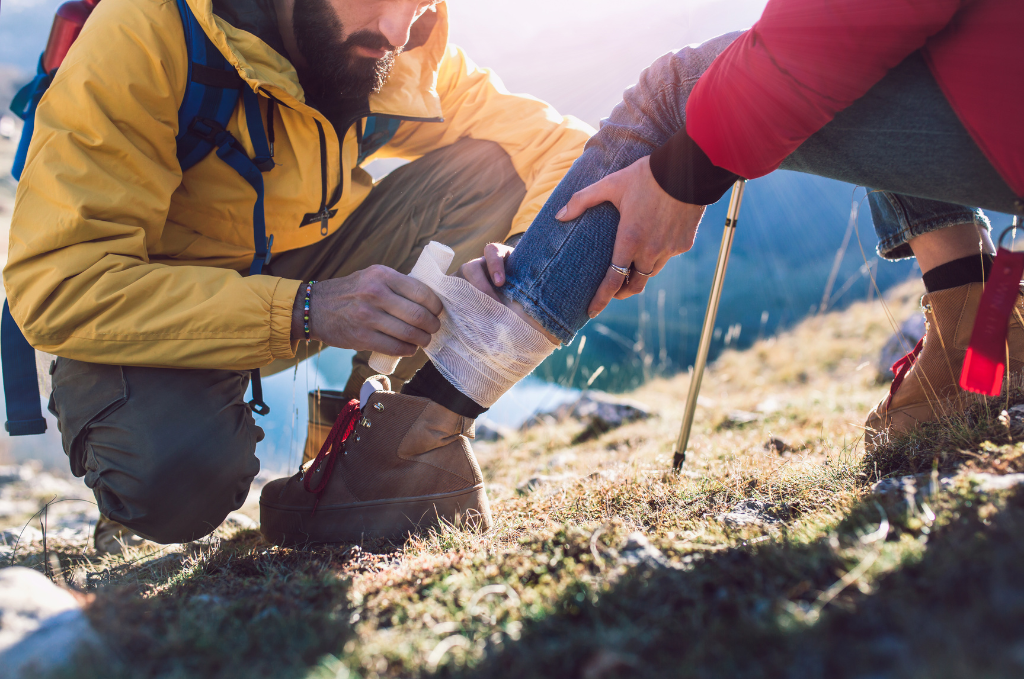
Treating Sprains and Strains
Uneven terrain and challenging conditions can lead to sprains or strains. Rest the affected area, apply a cold compress if available, and use compression and elevation techniques to reduce swelling. Consider carrying a compact instant ice pack in your first aid kit.
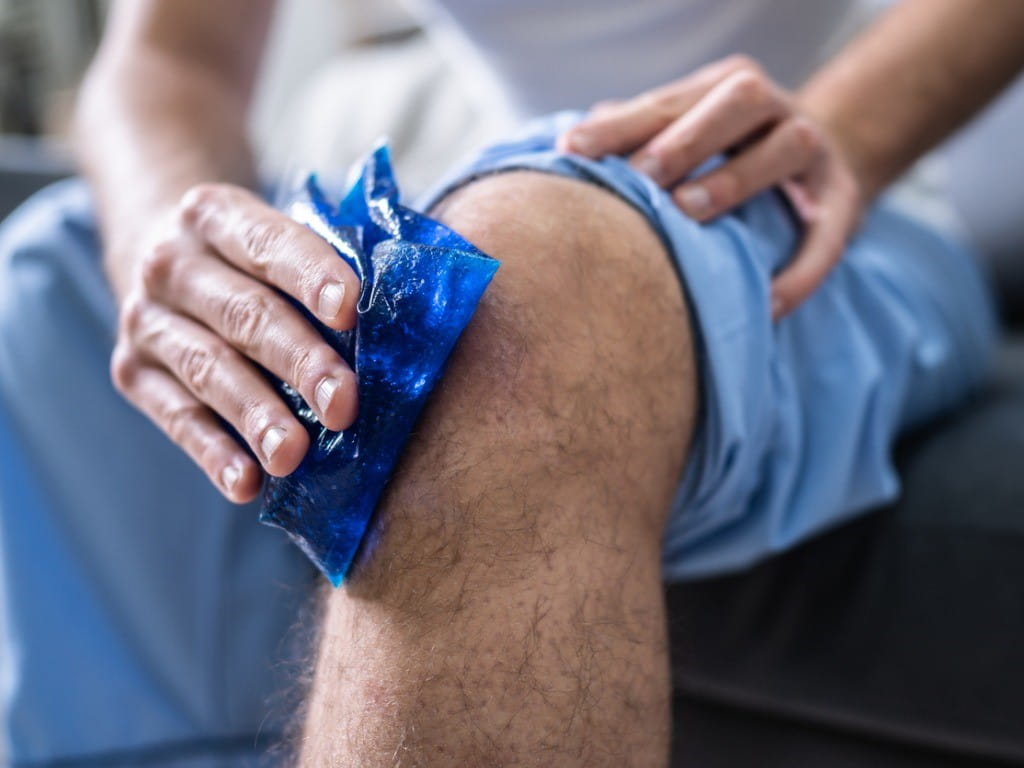
Handling Fractures and Dislocations
In the unfortunate event of a fracture or dislocation, immobilize the injured limb using splints or available materials such as sturdy branches. Support the affected area and seek professional medical assistance as soon as possible.

Dealing with Bites and Stings
Insect bites and stings can be a nuisance, but some may cause severe allergic reactions. Carry antihistamines and hydrocortisone cream in your first aid kit to alleviate itching and swelling. If facing a venomous snakebite, keep the affected limb immobilized and seek emergency medical help immediately.
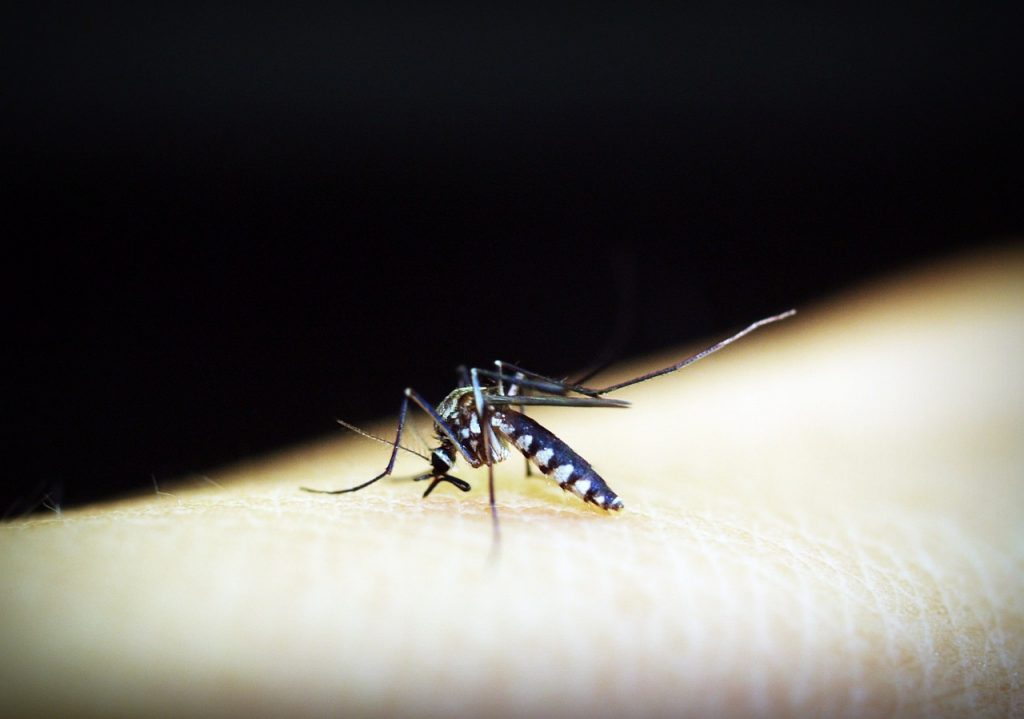
Handling Hypothermia and Heat Exhaustion
Weather conditions can be unpredictable. Be prepared for temperature extremes. Dress in layers to prevent hypothermia in cold weather, and stay hydrated to avoid heat exhaustion in warmer climates. Recognize the symptoms early and take appropriate measures, such as rewarming or cooling down.

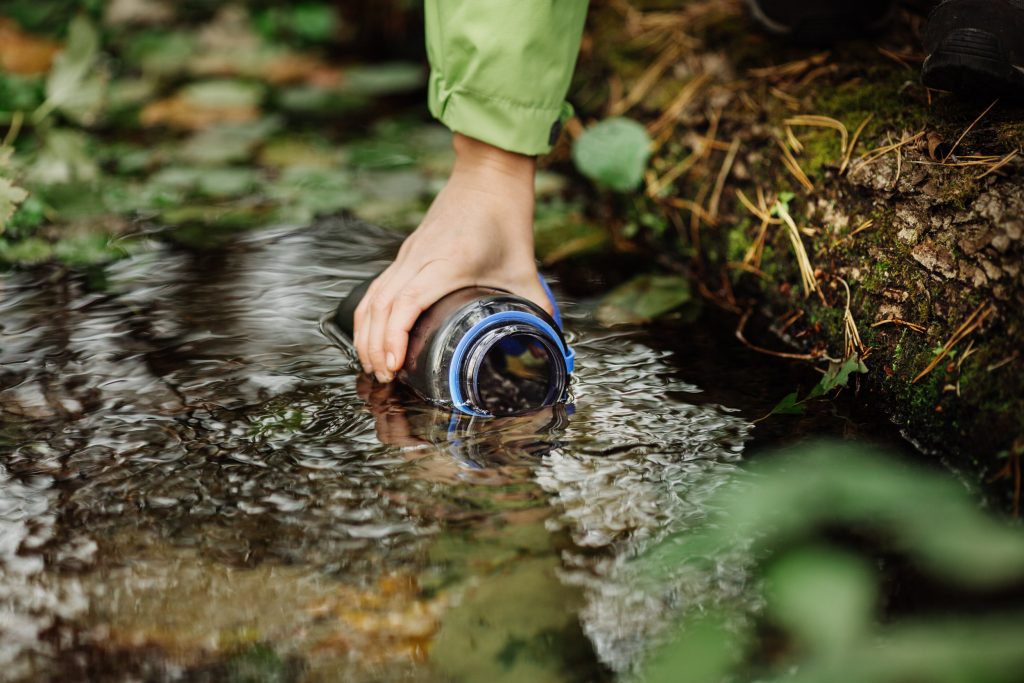
Navigating Emergency Situations
Familiarize yourself with emergency signaling techniques, such as using a whistle, mirror, or brightly colored materials, to attract attention if needed. Always carry a fully charged communication device, like a cell phone or radio, to call for help in case of a severe emergency.

Basic First Aid Training
Consider taking a basic first aid and CPR course to equip yourself with the skills necessary for handling emergencies in the field. Having the knowledge to assess and respond to situations promptly can make a significant difference in the outcome.
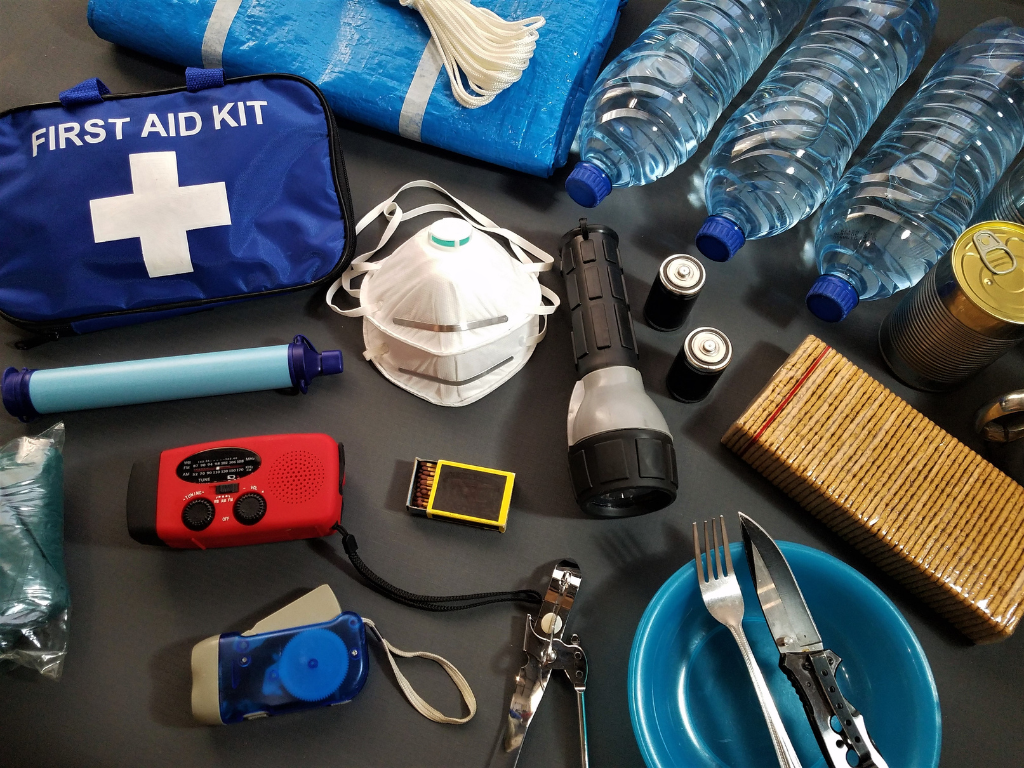
While the thrill of the hunt is undeniable, prioritizing safety through proper first aid knowledge is non-negotiable. By being prepared and knowing how to respond to common hunting-related injuries and emergencies, you not only enhance your personal safety but also contribute to a positive hunting experience for yourself and others in the great outdoors.
Stay safe and keep exploring hunting features in clas.app! Purchase a membership for $9.99/year and explore thousands of public and private lands, wildlife management units (WMUs), fishing regulations and more. Click here to download the app.
Start here to register your property to eliminate phone calls and door knocking. Your land, your rules, your way.
CLICK HEREYour outdoor recreation adventure starts here. Find the right land to start your outdoor adventure.
CLICK HEREPower up your next hunting or fishing trip with hunting and fishing regulations available at your fingertips.
CLICK HERE






